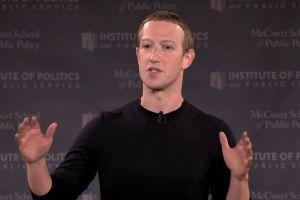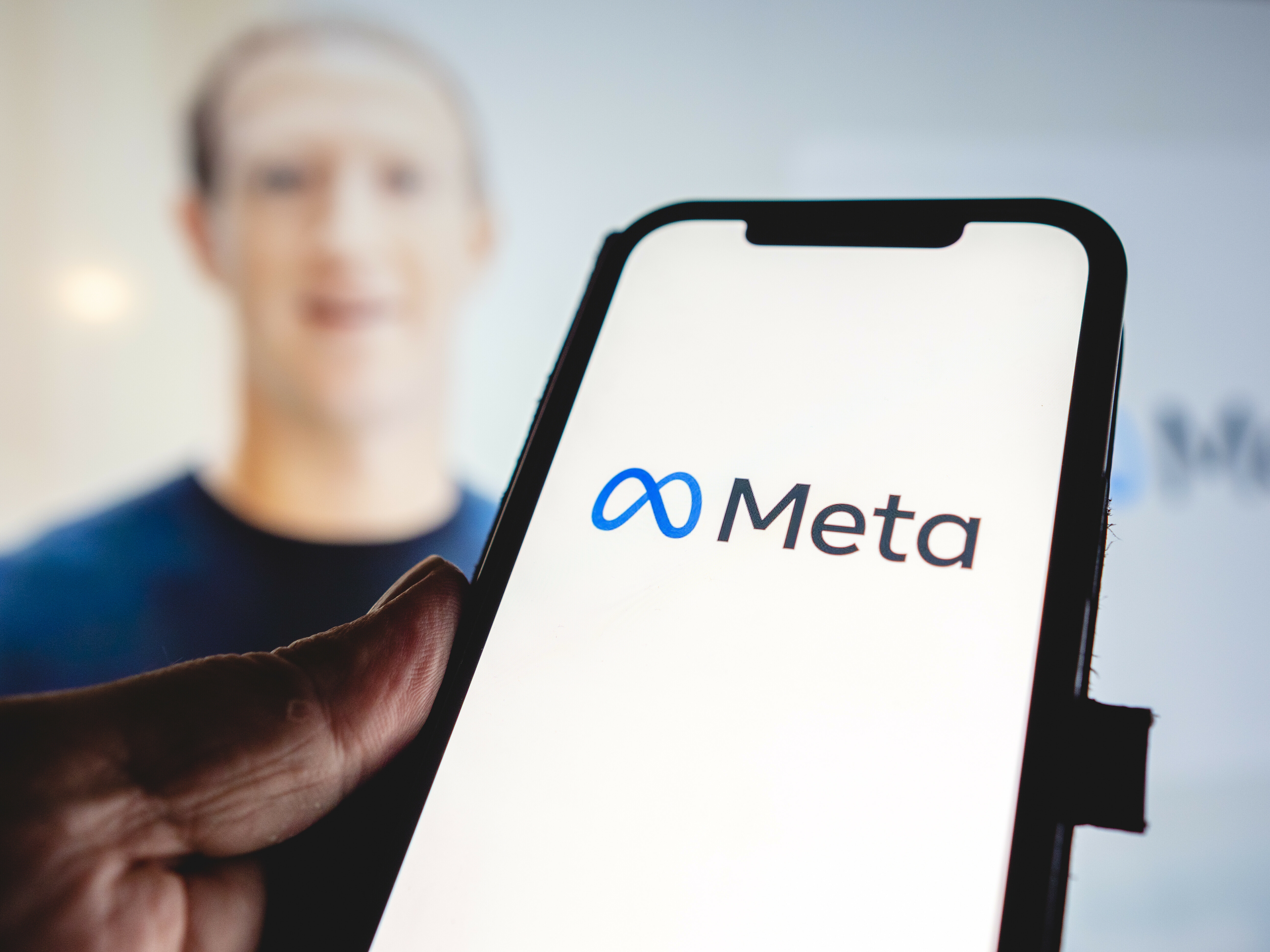This Is How Facebook CEO Contradicts Himself in Libra Testimony
Facebook’s statements often, intentionally or not, make people either confused about the company’s plans, or make them wonder if the company has clear plans at all. This time around, speaking about Libra token, CEO Mark Zuckerberg made somewhat contradicting statements about monetary policy, while some other statements might be confusing also.

In a written testimony, published ahead of the hearing before the United States House Committee on Financial Services on October 23rd, Zuckerberg referred to a billion people across the world and 14 million of them in the U.S. alone who do not have an access to a bank account, saying that “The current system is failing them.” He claims that the company wants to put power in people’s hands, and that “giving people control of their money is important too.”
Watch the live stream of today’s hearing:
Learn more: These Are the Main Things Facebook CEO Mark Zuckerberg Told Congress
However, he says a bit later in his testimony that “I want to be clear: this is not an attempt to create a sovereign currency”; Libra is a way “for people to transfer money,” like existing online services. “Monetary policy is the province of central banks, not Libra,” says CEO, adding that the Libra Association will not be “competing with any sovereign currencies or entering the monetary policy arena,” but “will work with the Federal Reserve and other central banks responsible for monetary policy to make sure that is the case. We expect the regulatory framework for the Libra Association will ensure that the Association cannot interfere with monetary policy.”
So, it seems that the CEO is saying that what Libra is offering is “a simple, secure, and stable way to transfer money” which would be “empowering” to users – meaning, that the type of control people would get with Libra is the help to avoid banks. But then, there is still no focus on one of the largest points surrounding monetary policy, which is fully controlled by the governments, the central banks across the world.
Meanwhile, back in July, during the second day of hearing, David Marcus, co-creator of Libra and head of Calibra wallet, did not rule out that restrictions to use Libra might be applied, for example if someone is banned from Facebook. This may also be seen as contradictory to the statement of giving control of the money to the end user, rather than to the centralized authority. In contrast, decentralized cryptocurrencies, such as Bitcoin, do not have this kind of centralized authorities.
Consumer protection and launching confusion
Protecting personal information has been a hot issue for Facebook for quite some time, and is often taken up as an argument against the company, particularly in regards to Libra and the accompanying Calibra wallet. Speaking of Calibra and the financial information Facebook receives, Zuckerberg wrote in the testimony that they “do not use people’s data to make decisions about lending, or to create credit reports,” and they “do not share information with third parties for lending or credit decisions.”
However, the concern seems to be that this may change in the future. At the previous hearing, Marcus said that Calibra wallet will not share individual customer data with the Libra Association or Facebook, as well as that, at the moment, there are no plans to start lending services, but there are banks that might want to engage in this. Also, the head of Calibra said that the wallet may offer other financial services should the project earns trust from clients. Either way, this is one of the points that needs to be explained by the company further.
Finally, Zuckerberg reiterated that “Facebook will not be a part of launching the Libra payments system anywhere in the world unless all U.S. regulators approve it.” This reminds of a previous wordplay that left people confused, when Marcus said during the hearings that Libra will not be launched until the necessary regulatory approvals are gained. It was unclear – until now, that is – whether he meant ‘no launch in the U.S.’ or ‘no launch in any other country.’ It only servers to prove that, in case of such a highly monitored project, each word matters.
Meanwhile, just this week, we’ve reported that Russia may block Facebook and Telegram if their Libra and Gram tokens “run out of control,” but also that Facebook’s alternative to proposed Libra – multiple stablecoins pegged to a national fiat – may be on a collision course with Binance’s Venus project.




